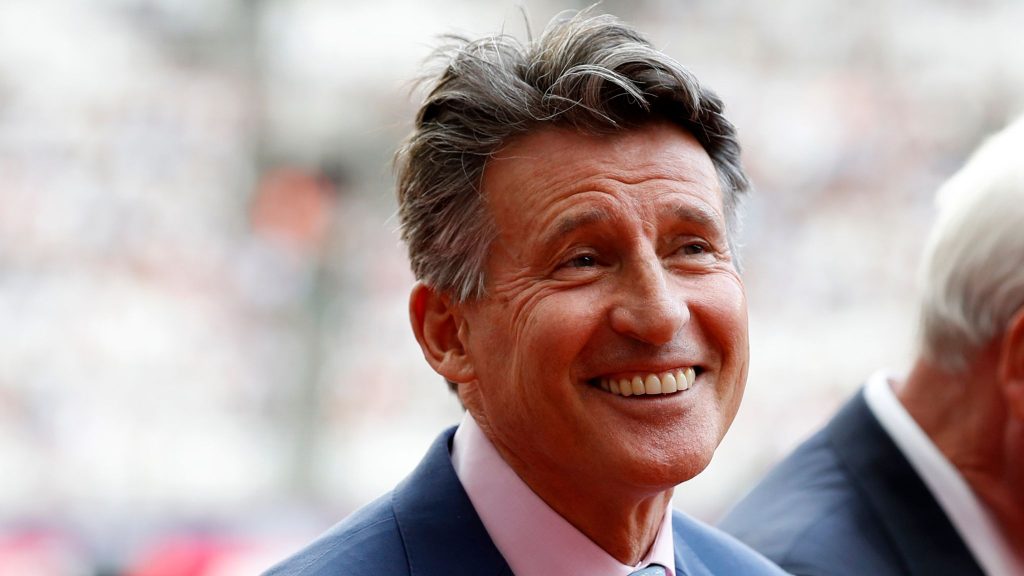
In recent months there seems to be a trend of athletes breaking previously long-held records at an astounding rate while wearing Nike’s latest Zoom X Dragonfly and Zoom Victory; shoes the brand advertises as “the fastest shoes ever”. Some in the sporting world now seem to believe that the recent storm of records being shattered in quick succession is a product of these shoes and risks undermining the world of athletics.
In October 2020 Uganda’s Joshua Cheptegei and Ethiopia’s Letesenbet Gidey both broke the world records for the 10,000 meters and 5,000 meters distances. Similarly, Mo Farah from Great Britain and Sifan Hassan from the Netherlands, both broke the one-hour records in the men’s and women’s races. All of these athletes were clad in the two controversial Nike shoes.
Concerns are not all necessarily about the role that the shoes have on the track, however. Some posit that the success of athletes sponsored by Nike and advertising the brand are giving Nike an unfair competitive edge in the world of athletics.
These concerns are unfounded to World Athletics President Sebastian Coe. Addressing concerns related to performance. He cites athletes like Derek Clayton and Peter Snell, among others, who broke world records under detrimental conditions as proof that world records are broken due to the actual ability and performance and not due to other external influences; least of all shoes.
“I don’t think we’ve reached that point where world records are being handed out like confetti”, said Coe, at the idea that significantly prestigious records are being broken because of shoes and not the efforts of the athletes responsible for them.
He also does not put much stock in claims that Nike is gaining an unfair advantage in the world of athletics branding. He recalls how Adidas was the dominant force in the mid-2000s, particularly in long distance and notes that these periods of domination are part of the natural cycle of any healthy market.
Many in the world of athletics do not share Coe’s laissez-faire attitude. In October of 2019, Eliud Kipchoge’s sub-two-hour marathon in Vienna went unrecognized due to the Kenyan donning Nike’s Vaporfly edition. After that, April saw the introduction of regulations restricting certain types of shoes. Restrictions included spikes on shoes with soles thicker than 30mm and road shoes with soles thicker than 40mm.
Sebastian Coe believes that such restrictions are only going to stifle research and innovation into high-tech footwear in an industry that is already heavily reliant on investments from shoe and other sports apparel companies.
The Guardian, Inside the Games, Reuters
